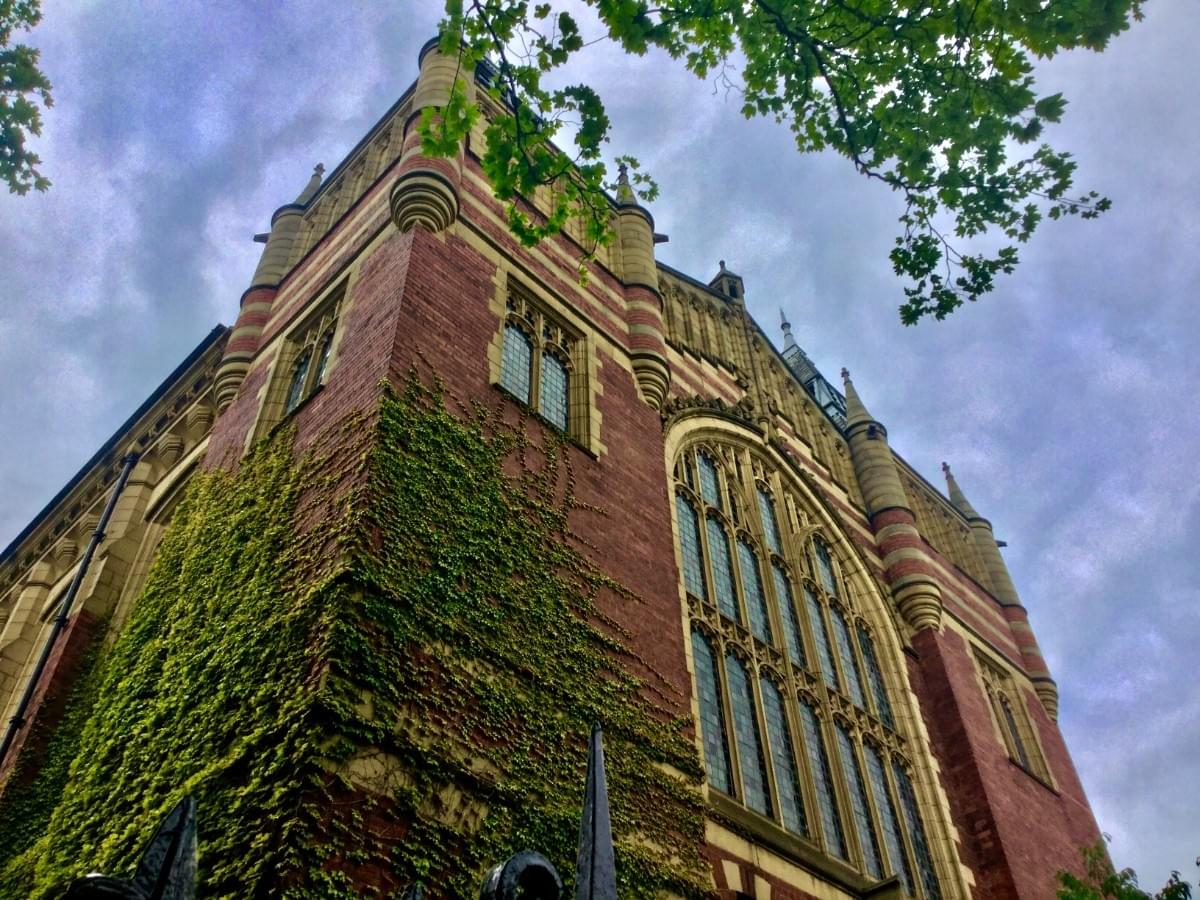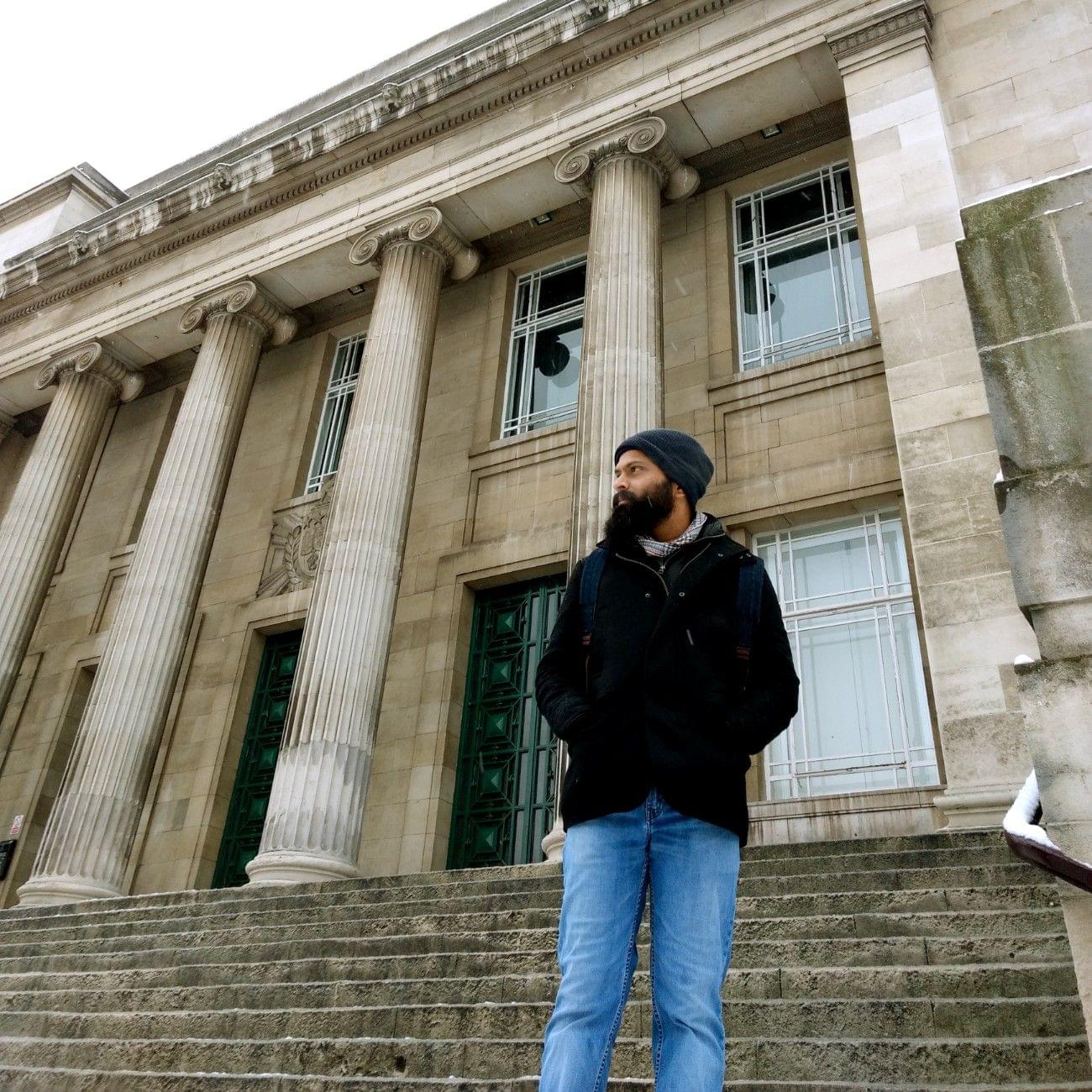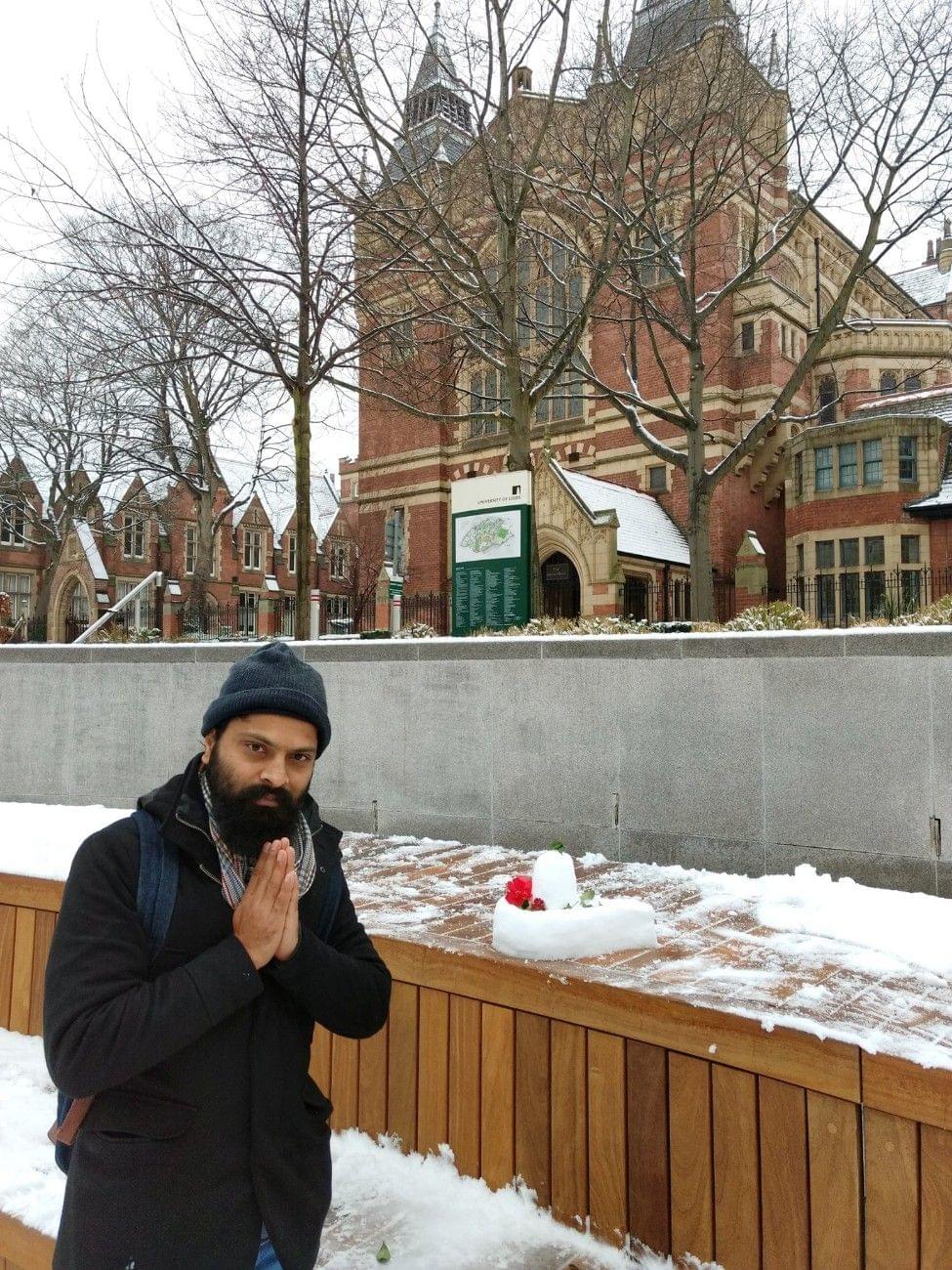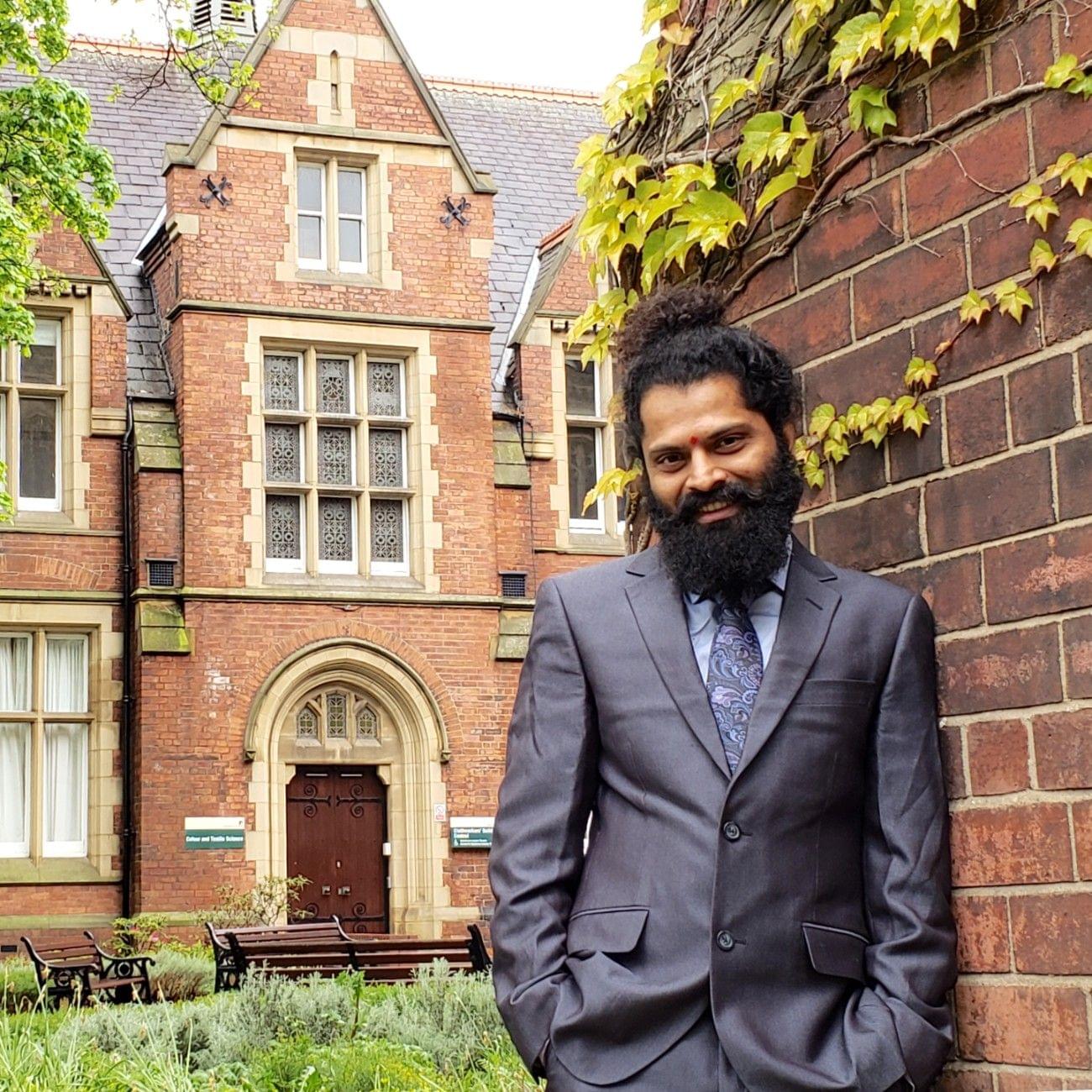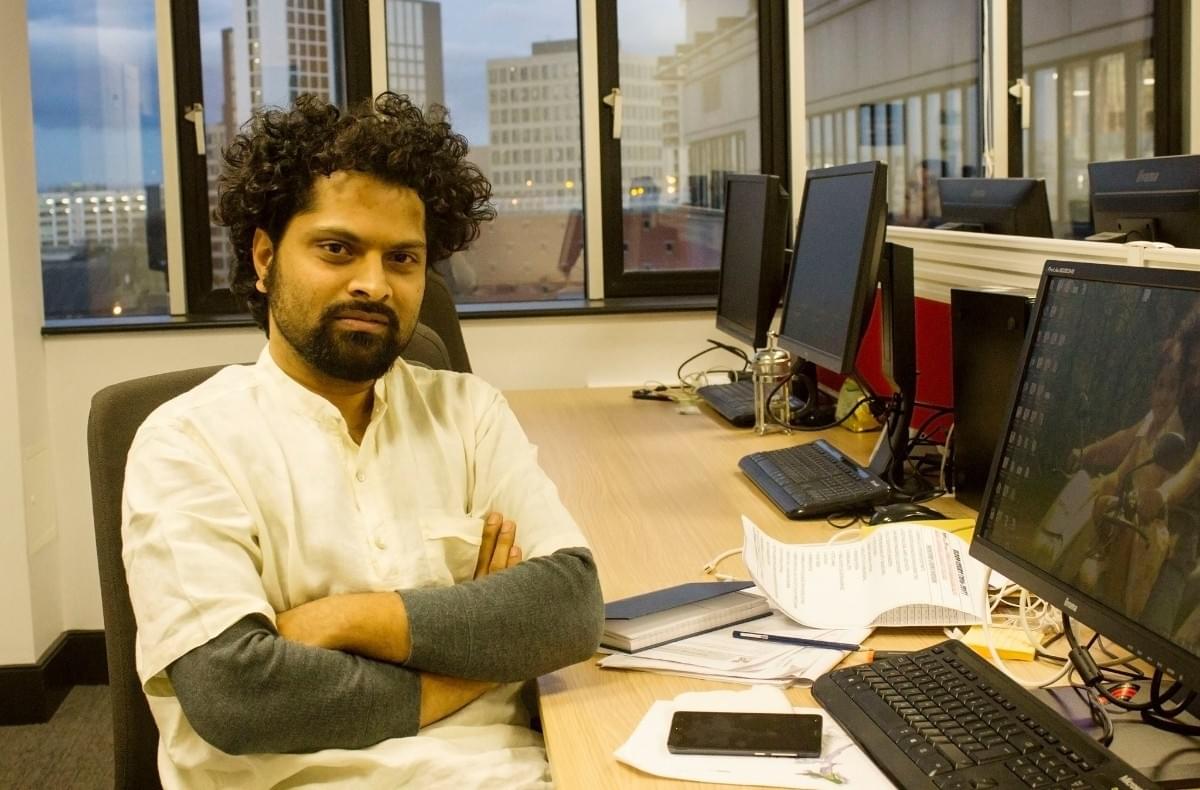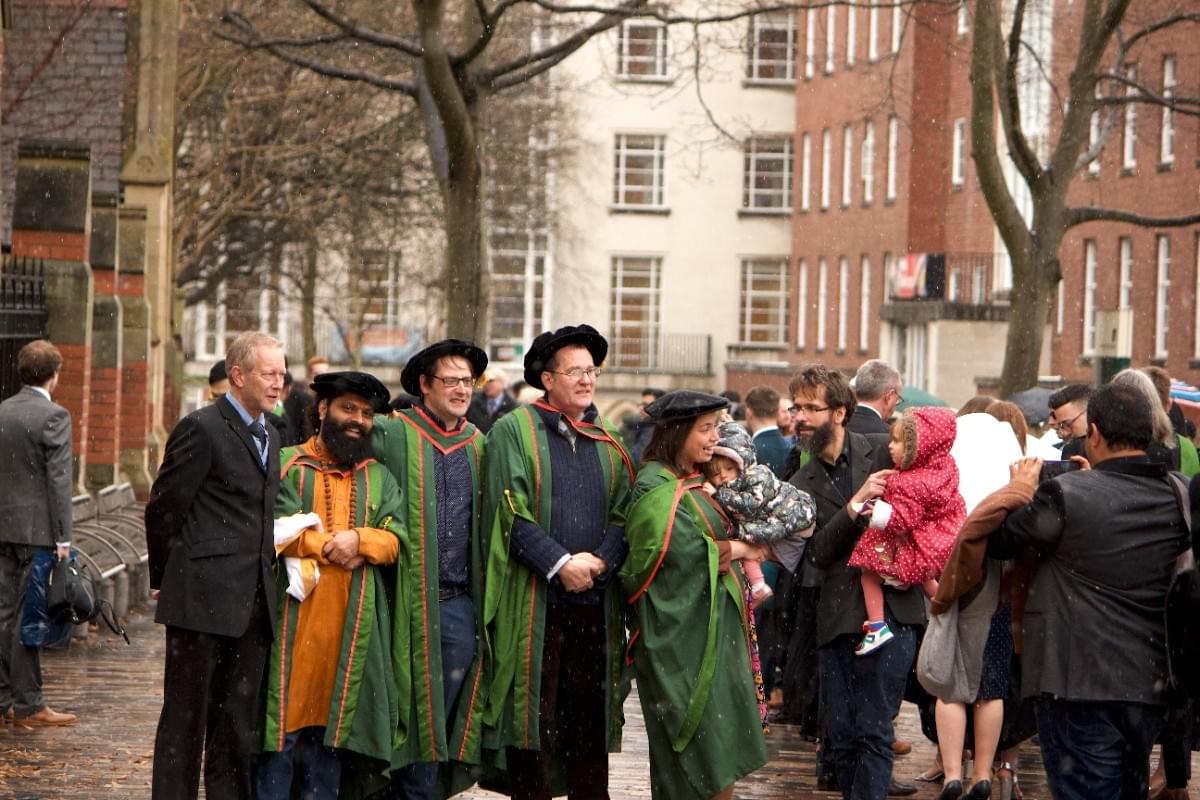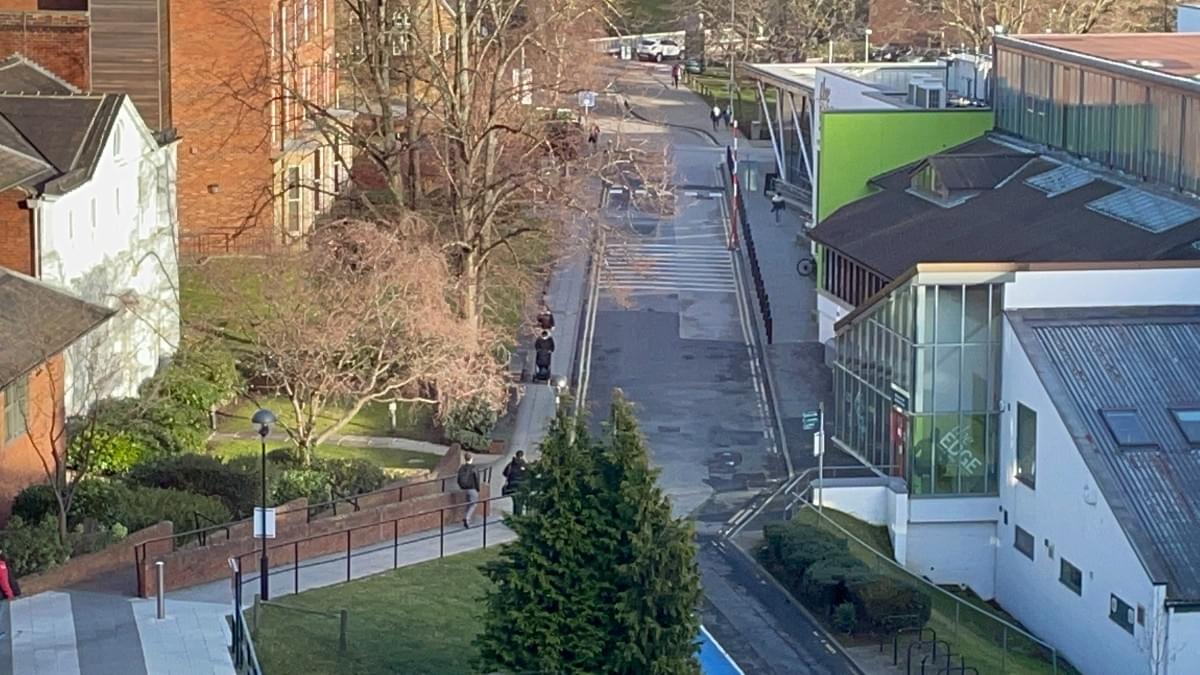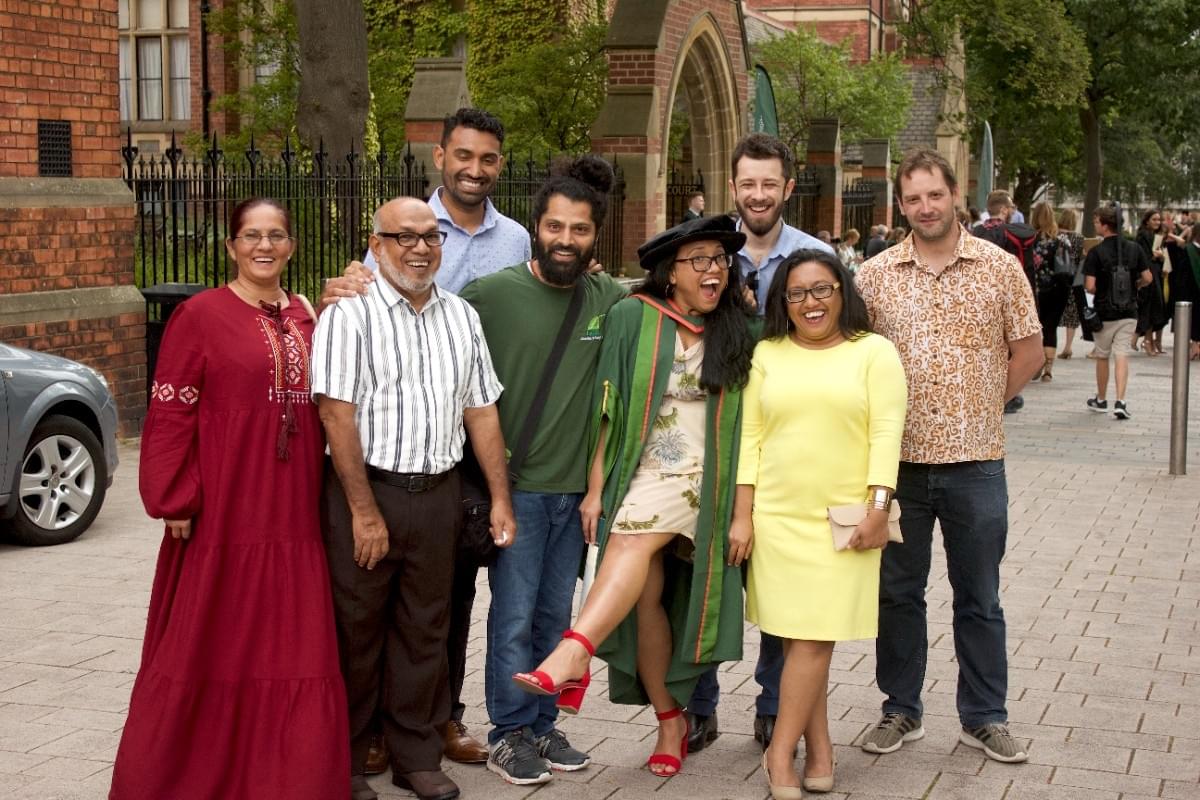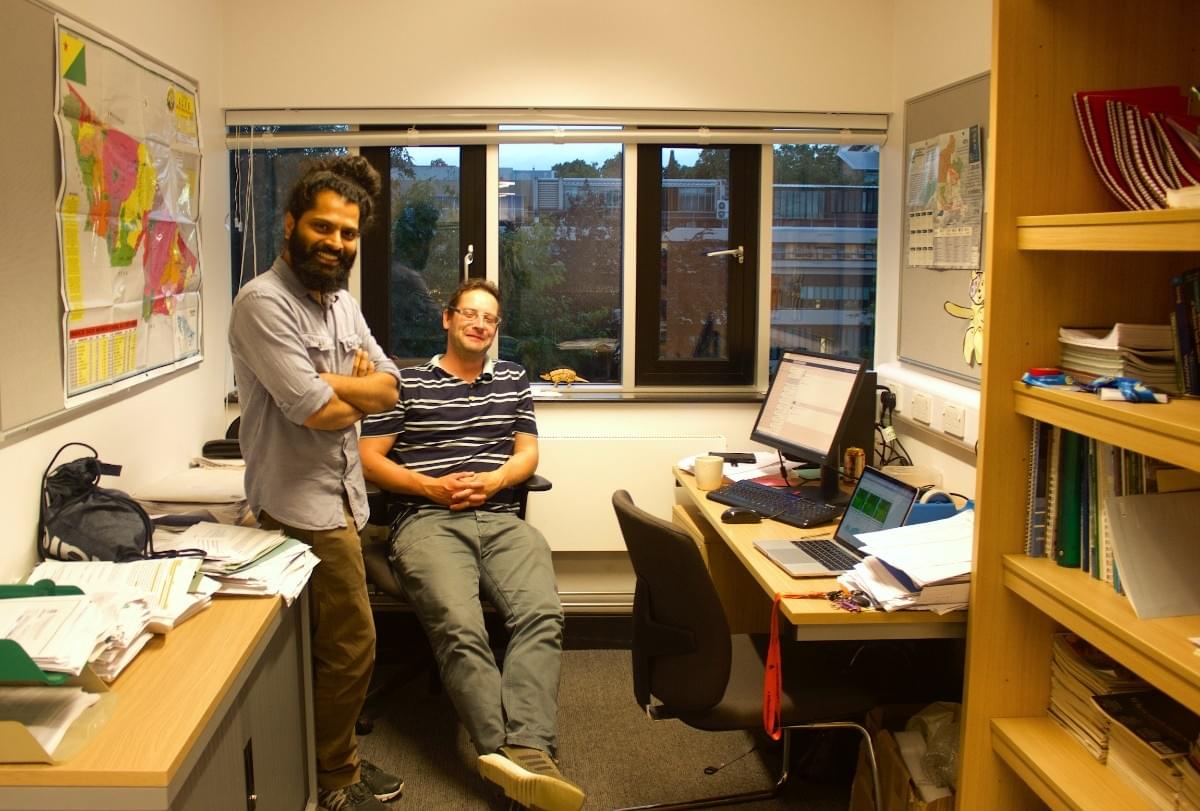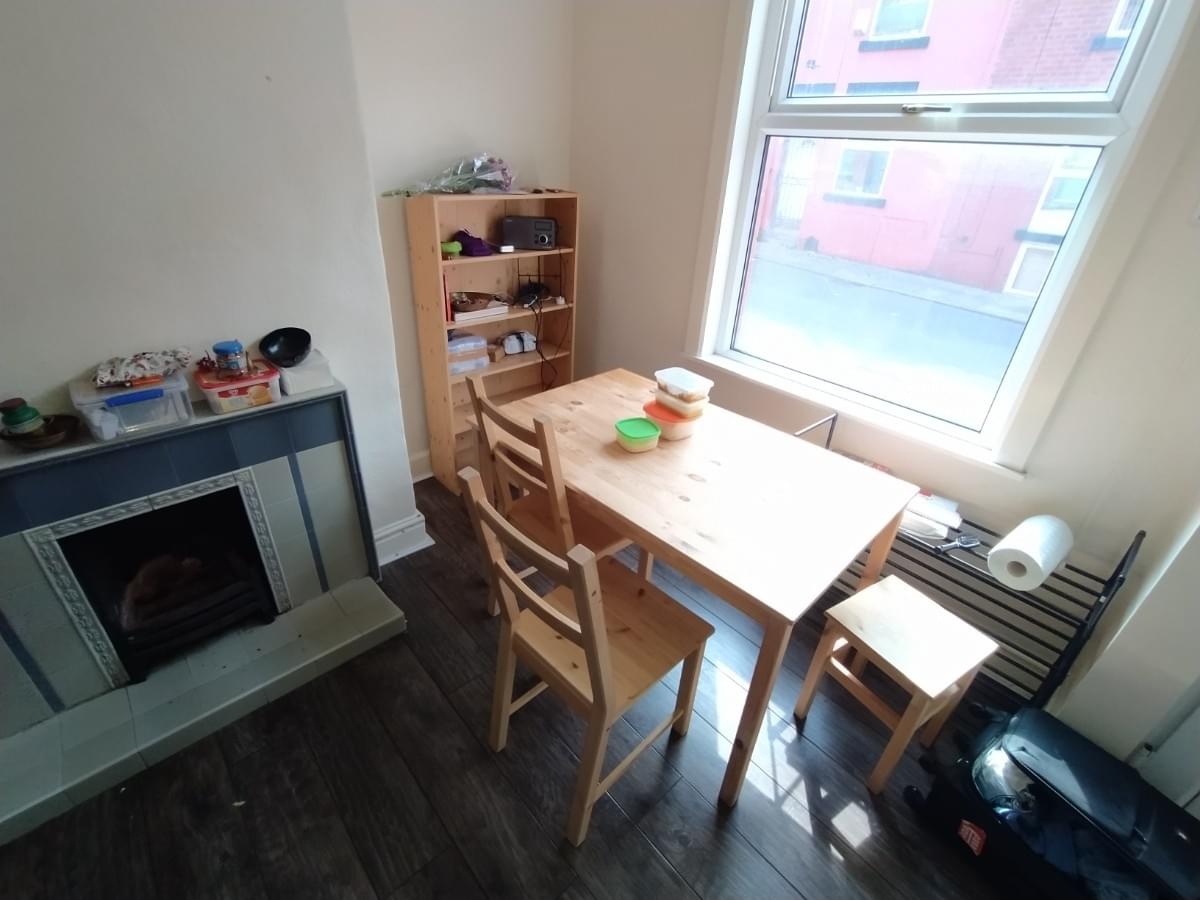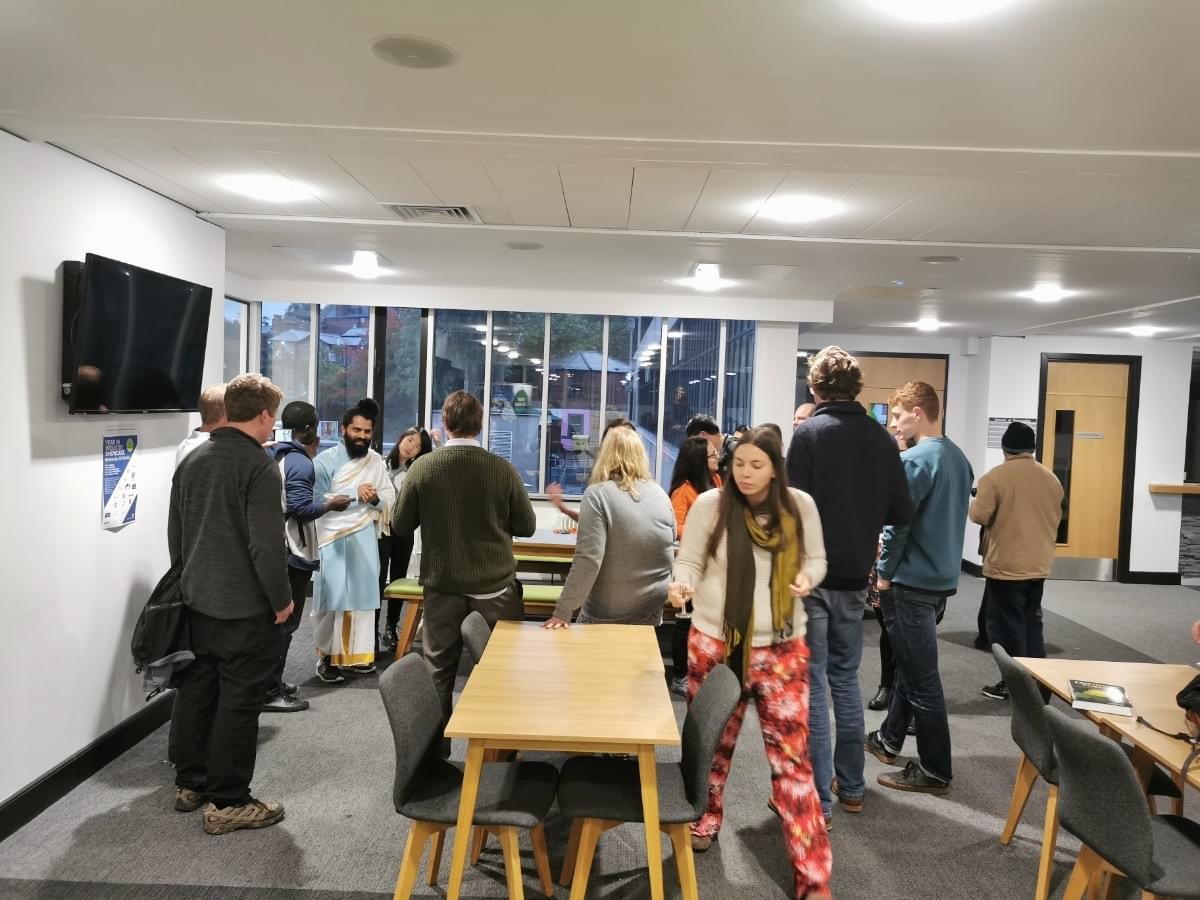What Students Say
Likes
- Multidisciplinary work culture: my research spanned two departments, and I had four supervisors with different strengths.
- Open to new ideas, some of my best innovations happened here.
- Excellent lab facilities and lab staff
Dislikes
- It was difficult to get vegetarian food during events and social gatherings. While the situation might be different now, at least in Europe, vegan snacks is default.
- During my research, some of the engineering facilities across department required payments that and they were quite expensive.
- In general, the social gathering and community is not the most welcoming for non-drinkers.
Course Curriculum
- PhD was not a taught course. There were 'Training Needs' that were identified that were specific to my research. This is equivalent to 'courseworks' that are mandated for all PhD scholars. In Leeds, it was more need-based. I wanted to learn R programming; I was sent to a one-week course. I then wanted to learn physiology techniques – I was trained in the different department and I was sent to a summer school to learn further. I really can't think of the negative aspects that I experienced during my PhD.
- I can answer the last question: I was the only Indian PhD student for four years I spent there. There was one more in a different stream but it was not really the same topic. There were Indian postdocs.
Admission Experience
- I had applied for the Universities of Oxford and Cambridge before applying to Leeds. I was accepted into the former two but without funding. Leeds was a better choice and had much less 'halo' or pressure around it but was doing equally well or better in my subject. Hence, I choose Leeds, where my proposal was awarded with full funding for the PhD programme. Given that the proposals were accepted by the former two, it was mainly the funding availability. Especially because I was applying to study my individual project. If I had applied for a project that was nested within existing funded projects of the prospective supervisors, there would have been better chances.
- The main choice was the research interest and that the University of Leeds, Geography department in particular was exceptional and a world leader in its field. Secondly, there were several familiar scientists whose papers I have been reading.
- The admission process first involved contacting the prospective supervisor. I sent him a proposal and my CV. He liked my CV but did not have funding. However, he told me he will revert back if there are funding opportunities. It was almost like any common answer from emails one would get when the faculty is not interested. However, my supervisor wrote me back that there is an independent funding opportunity for a PhD which I could apply for if I was still looking. This was ideal and I then wrote a research proposal, which my supervisor helped vet and I submitted. I had to get an IELTS and a GRE score to qualify but it was not necessary at the application stage. I already had both at the time nonetheless. The selection criteria for the particular fellowship I applied for were mainly the merits of the proposal and my publications. I already had a 10-year research experience, which I think also worked in favour of my application.
- The department and the University steps were also very intuitive and easy. The team was supportive from the point of first contact until I arrived in the department.
- Again, it's been a while. So I can only recollect the high-level details. It took me almost 6-8 months from the time when I got to know about the LIRS fellowship opportunity to applying and starting my studies.
- I think it was during April 2015 that I started the application. The application was simple; the more crucial part was the research proposal. After application I think it took 3-4 months until the awards were announced. I think it was August or September that year. Visa process was also straightforward and the School admin kept in touch through email and helped.
- Upon arrival, there were only a couple of formalities: visiting student centre, visiting the post office to collect residence permit etc.
Faculty
- For research it was very good. There was more than one supervisor in most cases. For taught courses, from my observation, there were 20-30 students in a class. I would still say the same ratio of students and faculties.
- I did audit a few classes of my supervisors out of curiosity. The teaching method was very relaxed. I was shocked to see students carrying their laptops and also on their phones during the class. Students could walk in or out of the class anytime. The course content and student support were excellent for graduate and postgraduate students as well as for PhD students. Students regularly found help, including from the employment office and student union.
- All my four supervisors, particularly Profs.: David Galbraith, Emanuel Gloor and Christine Foyer – their supervision method was excellent, friendly and supportive and pushed me to think beyond my limits. I also particularly admire our lab in charge, David Ashley for his support throughout.
Campus Life
- There were ton loads of activities round the year. I particularly enjoyed the hikes and walks organized to places around Leeds. Leeds and Yorkshire is particularly beautiful and is nice to explore. There are several trails. Leeds is a city of students and hence, there are several bars, etc. Although I did not drink, it is quite safe for students in general to go with your group.
- Of the facilities on campus, there were several libraries and I liked three of them - two for their ambiance and one for having books on my topic. There is a sports center with Olympic-quality facilities. Health centers and infirmaries are quite within walking distance from the campus. There is also a Hindu Temple for students to spend their time during festivities. Student unions also organize Holi parties that involve drinks, music, etc., if you like it.
Part Time Jobs
- On campus, particularly in my department, there were several teaching assistantships, lab works, etc. It is very common for students to work for a few hours in cafes and bars to get some extra money. The pay for teaching was about 10-15 GBP per hour. On my visa there was a restriction of 20h work per week. Though I never really worked except for some lab work I did for another project, this might be a bit of a limitation for students. The Student Union and University job office help with finding part-time jobs.
- I really wish i had a better answer. There were few. Most of them worked in restaurants – if you are vegetarian, then this might be difficult. As explained above, the Student Union and University Job office provide assistance.
Placement
- I would say 80-90%. Average salary varies based on their degrees and across streams. So I really can't say. For me, a postdoc salary then was about 2500 - 3000 GBP per month.
- My stream and research community is quite well connected and I was focused on research positions. Hence, I did not explore this as much. However, I do know my colleagues did get into some interesting roles across the UK and elsewhere.
Accommodation
- Leeds is a city of Universities (four in total) and the campuses are dispersed in the city. I first choose a University managed accommodation. This was through the support of the University staff and through the same application process. Check-in was easy and once I arrived, I figured out that renting private accommodation of various types was less expensive. Monthly rent through the four years for different kinds of accommodation was 400-700 GBP. Post Covid and the economic slump in the UK has affected these severely.
- I would recommend looking for shared accommodation with a private bathroom. These are often the best. I would choose 3-5 room accommodations. People from different countries need different extents of heating. So ensure you have a separate heating/radiator control for your room. Do not hesitate to live with people from different countries – although don't be shocked to see cultural differences. When people live together, a lot of things that wouldn't matter would start getting more important.
- I would also warn students to check the renting company and contract details to the last dot. These cannot be talked about or resolved when issues arise, as in India.
- All my accommodations were 1-2 km from my University. All students, including Indian students who are there for more than a year, look for private accommodation. Students who come for a 10-month course often stay in University accommodation for students. These are more crowded, though nice if you like living with your friends.
Exams
- I had both TOEFL and GRE for my programme, and both were required. In addition to a CV, statement of purpose, and research proposal, I was also required to send the digital transcript of my master's and bachelor's degree scores.
- My University in India, where I did my master's, did not have this system. I had to visit the office in India (Kuvempu University) for them to send an extract (physical copy) that was then accepted by the University. I would encourage all applicants from India to ensure they have this from their University readily available. I am sure the situation is better now but it would save some time if this is arranged already.
Fees
- That is something I would struggle with a bit. It's been a while. My fellowship covered the whole of the PhD tuition fees. It also covered my living expenses. For PhD, the fees was annual but they were credited automatically.
- Living costs I can estimate: My rent was about 600-700 GBP per month. Other grocery and food expenses were another 400-500 GBP. I was able to save a tiny bit but the fellowship was just enough.
Scholarship
- Leeds International Research Scholarship (LIRS): Full tuition fees and living expenses. Each year - five were awarded back then. Apart from this, the School of Geography (SoG) internal funding was available annually for small research grants. There were hardship allowances students could apply for if need be.
- None of my batchmates received the LIRS fellowship, though SoG research bursaries were more commonly awarded.


